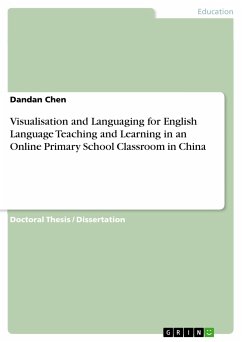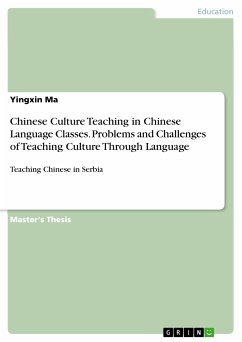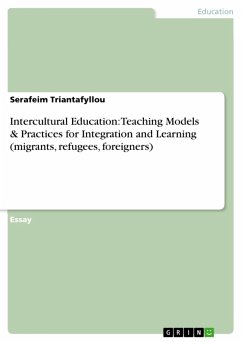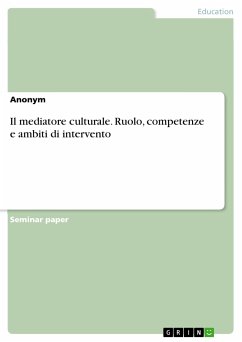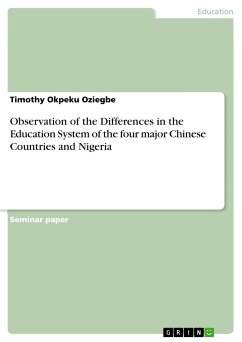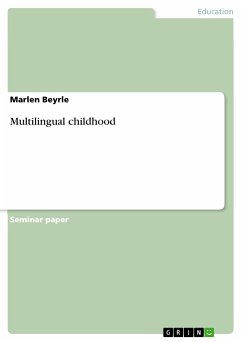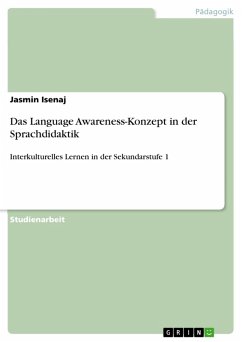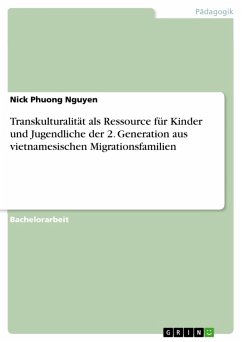Doctoral Thesis / Dissertation from the year 2023 in the subject Pedagogy - Intercultural Pedagogy, grade: pass without corrections, University of Edinburgh (Moray House School of Education and Sport), course: PhD Education, language: English, abstract: This study investigates the role of visualisation in language education to explore a visual strategy for learning that is driven by the goal of deeper learning for all learners, built on theoretical principles of pluriliteracies development learner agency and multimodality. The integration of these concepts has significantly impacted the rationale of the research foci and therefore lies at the heart of this pioneering study that connects pluriliteracies with English language teaching and learning in a primary school in China. In order to investigate the potential role of visuals in English language learning classrooms, this study was conducted by designing and teaching visual-related thematic content to three small groups of English younger learners in China and interviewing them using their own preferred online platform. Participants were encouraged to create visuals, for example, drawings to demonstrate their thinking of abstract conceptual knowledge and scaffold their communication with peers and the teacher-researcher. Such integration of visual creation with language learning is facilitated by learner-teacher Learning Conversations constructing a shared learning space owned and led by learners, which may offer a clear steer in the direction of promoting learner agency and achieving the quality of learning, thereby complementing traditional ways of teaching in China and beyond. Emphasised by research and studies regarding pedagogies for 'quality' and 'successful' learning (Coyle & Meyer, 2017), the long-established means of measuring learning using tests and examinations may not be sufficient for building learners' sense of achievement and agentic mindset to direct their own learning. Given the importance attached to PISA league tables on a global basis, the quality of education is at the core of socio-political concerns, offering alternative pedagogic thinking to education systems that define passing examinations as the main criterion of academic success. Note from the editor: The PowerPoint presentation in the appendix had to be edited due to copyright concerns.
Dieser Download kann aus rechtlichen Gründen nur mit Rechnungsadresse in A, B, BG, CY, CZ, D, DK, EW, E, FIN, F, GR, HR, H, IRL, I, LT, L, LR, M, NL, PL, P, R, S, SLO, SK ausgeliefert werden.
Hinweis: Dieser Artikel kann nur an eine deutsche Lieferadresse ausgeliefert werden.

